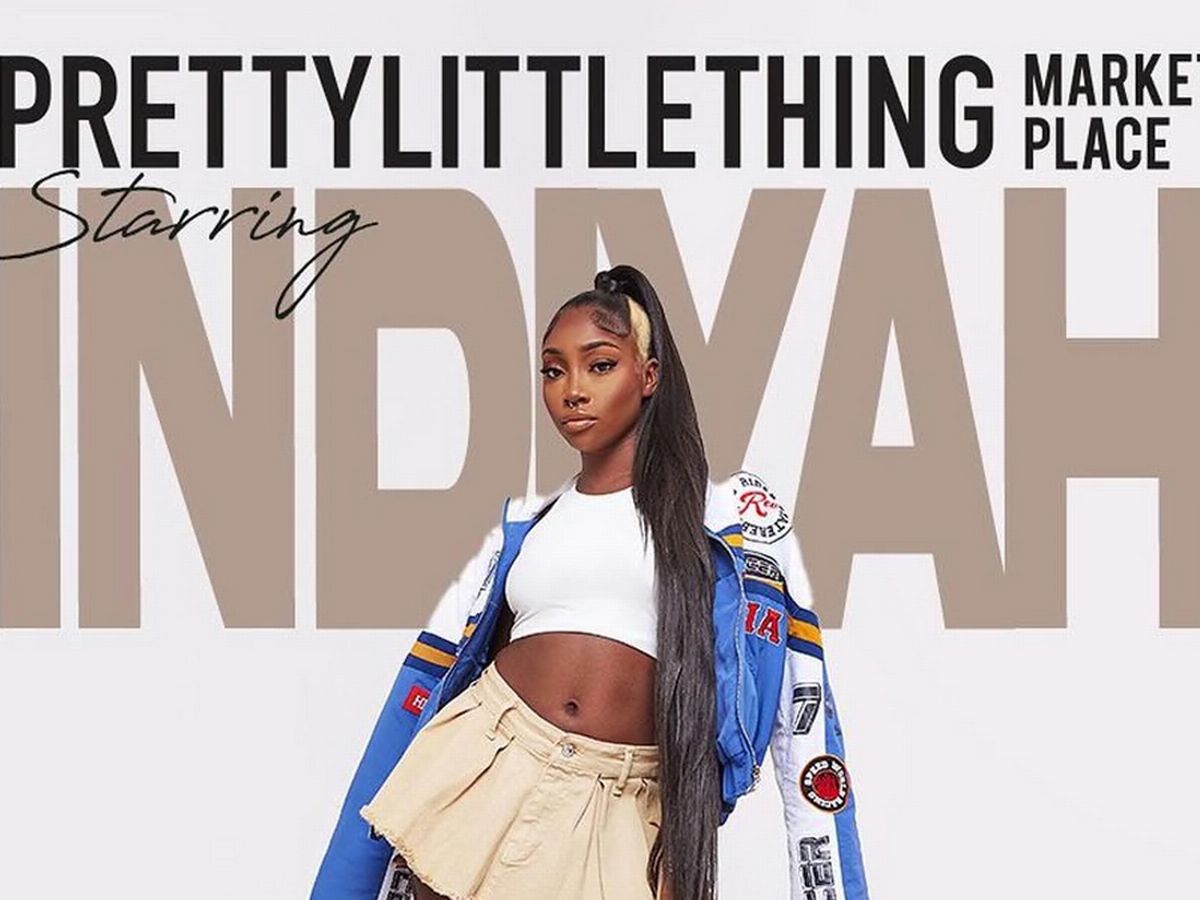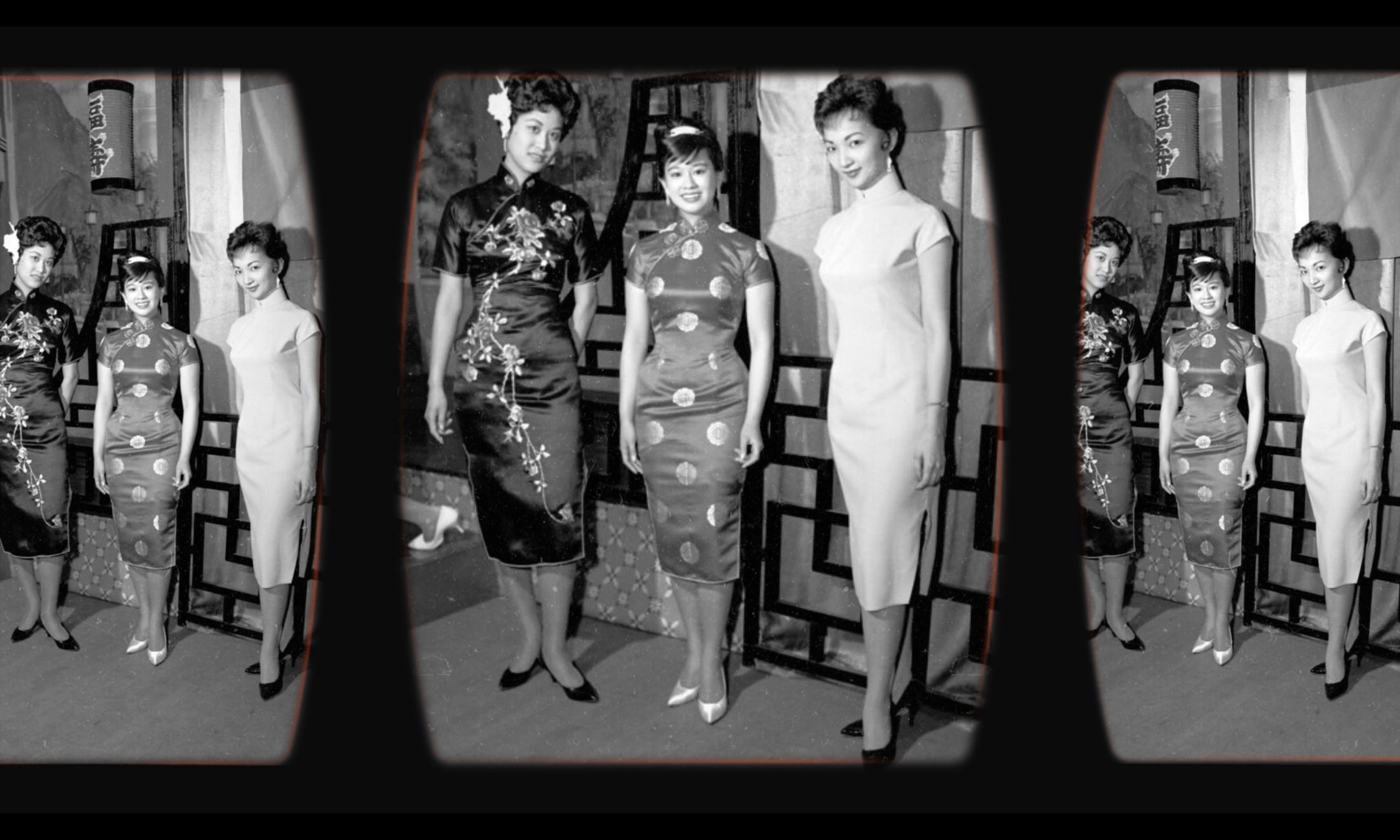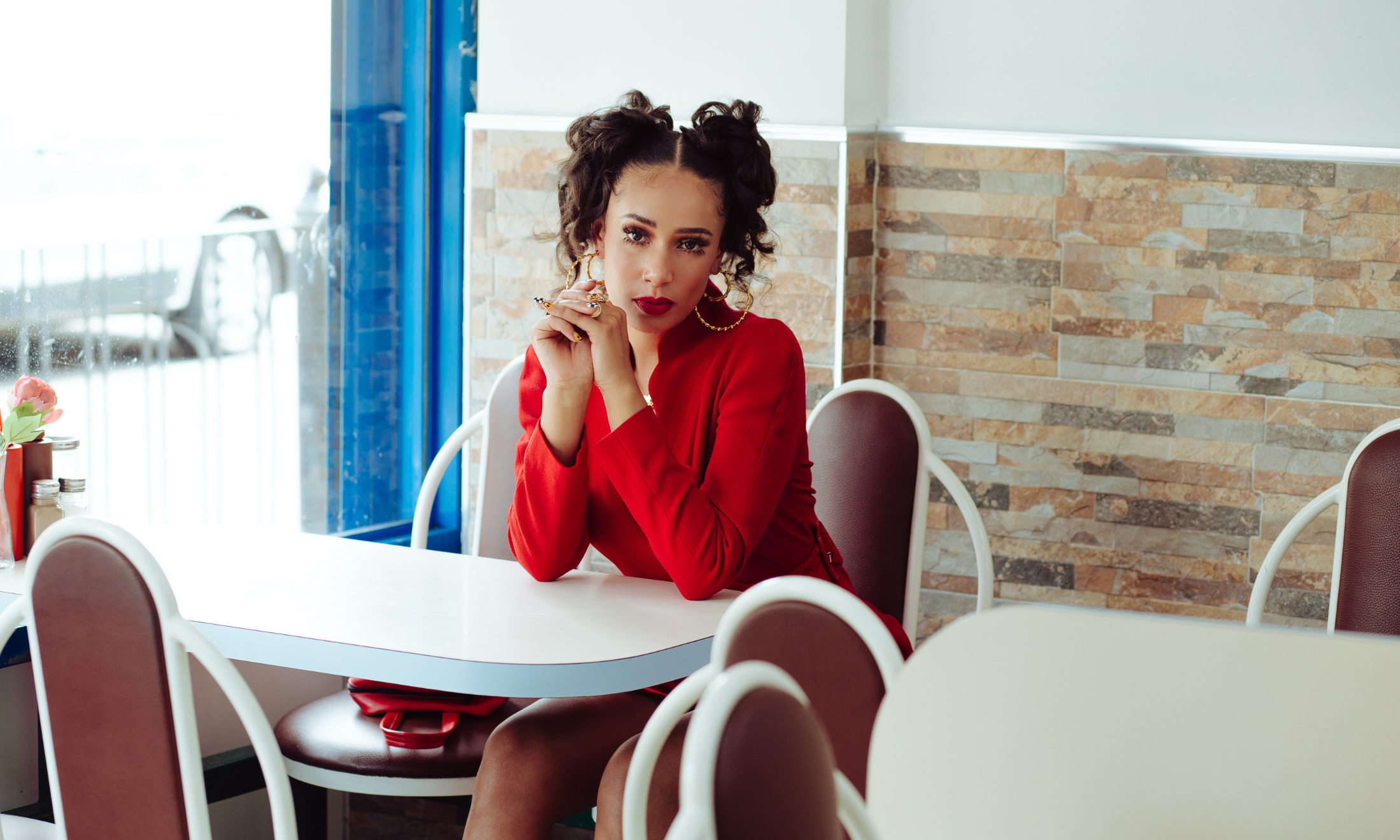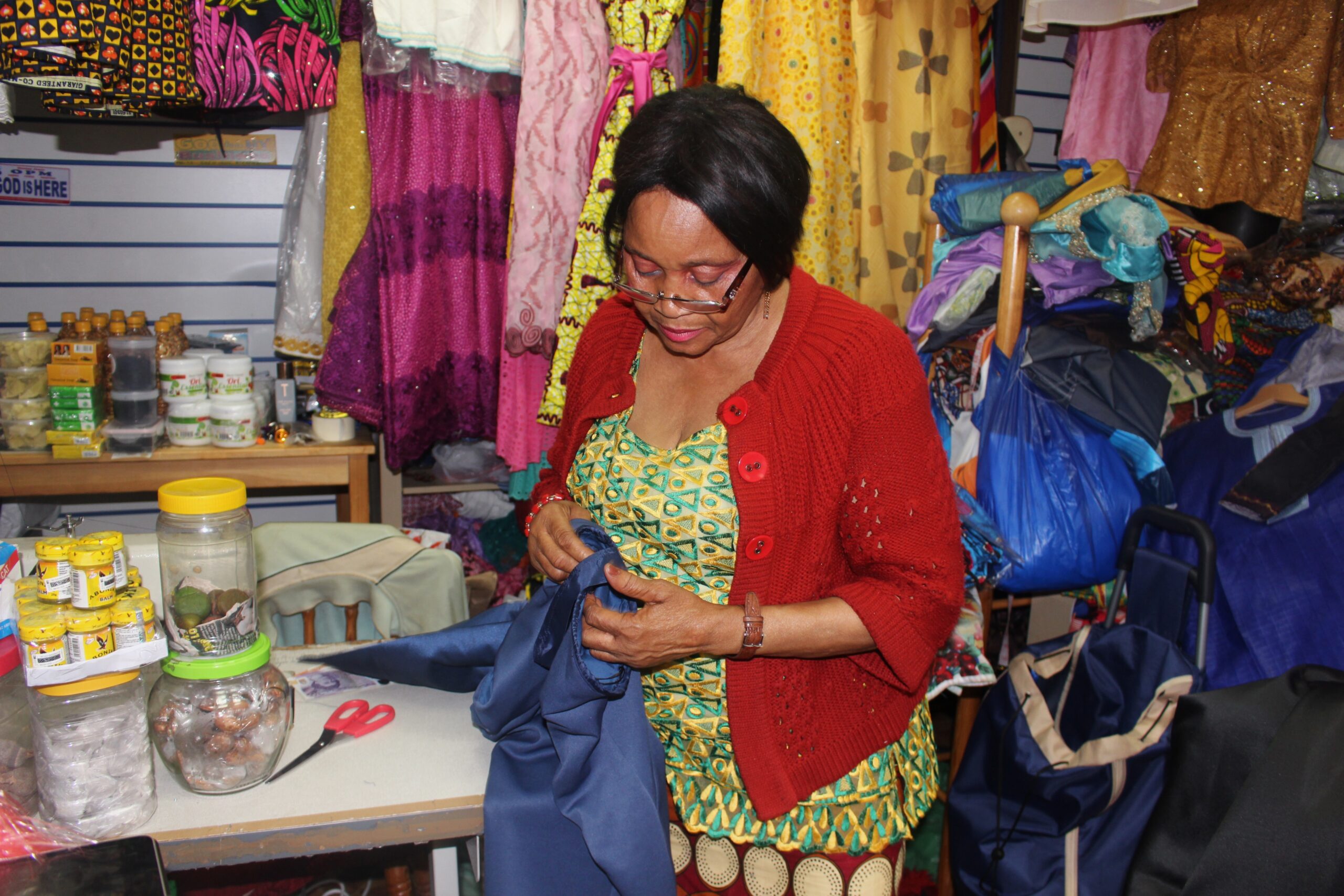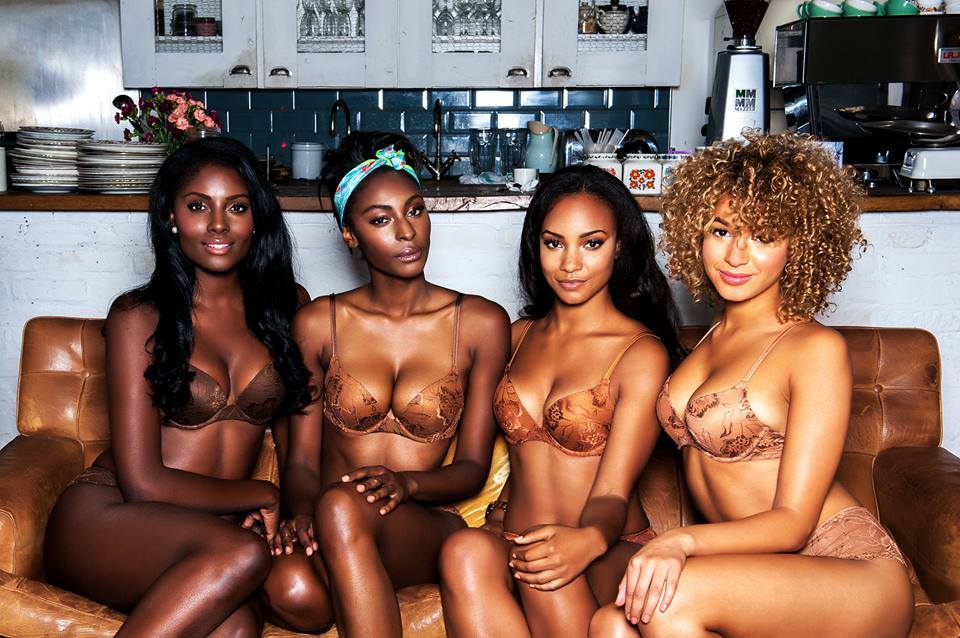
As women of colour, many of us have grown accustomed to “nude”, in fashion, translating simply to “white”. White normativity seeps into our aesthetic lives in so many nebulous ways that we sometimes don’t spot that we are being cheated out of a trend until someone points it out and gives us an alternative. Nubian Skin, headed by its trailblazing WoC founder Ade Hassan, is aspiring to do exactly this. Nubian Skin’s gorgeous bras, underwear and hosiery are served up in “berry”, “cinnamon”, “caramel” and “café au lait”. A few clicks through their collection gives you the satisfying sense that something beautiful has been made entirely for people that look like you, primarily to suit your looks – a highly unusual feeling for most women of colour living in Western countries. I have been admiring Nubian Skin from afar since its birth, and was very excited to get the chance to ask Ade a few questions about her work.
gal-dem: What inspired you to start the company?
Ade: I have always wanted to be an entrepreneur – I knew I’d want to start my own thing eventually. I was working in consulting and getting increasingly frustrated with fashion choices, and then it just sort of came to me from there. I figured if I needed it, so did others.
On your website, you say that your journey with Nubian Skin has been an uphill battle – can you tell us more about some of the challenges you faced in getting it off the ground?
I don’t have a background in fashion so everything was a learning experience. I had the concept, and when I started working on it 2013, I felt like I couldn’t get much traction. Our first challenge was finding a manufacturer, and then we ran into an issue of market research – because this market didn’t exist! So we had to do everything from scratch. Which made the manufacturing that much more expensive. But it all came together – I hired a consultant and did a lot of independent research, and slowly but surely it all came together.
You’ve said you were inspired by figures such as Iman and Eunice W. Johnson. Can you tell us more about these influences?
When I was starting off, there wasn’t really a touchstone for women of colour in this area – the obvious alternative was makeup, and when Eunice Johnson started there, there was literally nothing. It was a matter of saying we don’t have it but I need it. It’s a matter of saying ‘well, I need this, so I’m going to create it myself’.
People say she needed to drag her home-made makeup around to professional shoots.
*laughs* It’s ridiculous.
How do you envision Nubian Skin as a company in ten years’ time? What is your biggest hope for the company?
Well, as a new company, you’d like to be around still. I’d like it to be a household name – I know we’ve only been trading for about 18 months now, so we’ve done well on that spectrum but I’d ideally like to move to a situation where any woman of colour can go into a department store and pick up anything in nude the way a white woman can.
Why haven’t people picked up on the market?
The people that are responsible for buying things for retailers are still probably white. You act according to your own experience – if you’re selling lots of something, of course you’ll keep stocking. You’re not trying to be exclusionary, you just stock what has historically done well, what is familiar. It’s not an issue of blame or someone’s fault, it’s just a reality. I think for people of colour, the best thing to do is to actually buy things that stock your colour – if we can prove there’s a demand for it, things will improve. It’s a bit of a chicken and egg situation.
What do you feel is the biggest hurdle that women of colour face in the fashion and business worlds today?
I think it depends on your product. If you’re a woman of colour that’s doing something for the mass market, then I really don’t think there are many hurdles. However, if you have a product specific to a certain market, there might be an issue of educating buyers – there is always resistance because people want to stock what they know will sell. That’s always the case. I think that’s true for items for women and people of colour and I think that’s true for all products without a track record.
Do you feel that progress is being made in the beauty world, and in society in general, towards embracing a range of skin tones, body types and facial features?
Yeah, I definitely think so. I think if you even compare it to ten years ago, there have been huge strides made. The number of hair products and beauty products has also increased – far more is definitely available than 10, 20 years ago. I think the internet has a lot to do it – I think Twitter and Facebook have encouraged a much broader conversation. There are some amazing, amazing bloggers and personalities on Instagram that are fuller figured or from BAME backgrounds. Overall, there’s definitely a lot more awareness. One example of this from the fashion world that comes to mind is ASOS’ curve range – before people with fuller figures would have struggled to find fashionable and trendy clothes made to flatter them. I think those in the industry are realising that people with all kinds of looks want to be fashionable.
This is very cliché, but it does come up a lot, so I’ll ask it anyway. What advice would you give to young women of colour hoping to explore/ pursue an entrepreneurial idea?
The first thing is to really do your research – if you are serious about something, look into it. Ask yourself: is your idea unique? If not, how will you differentiate it? Secondly, believe in yourself. Sometimes we look to others for validation, but when it’s 4 am and you’re working on something, other people won’t matter. Be willing to make lots of sacrifices


